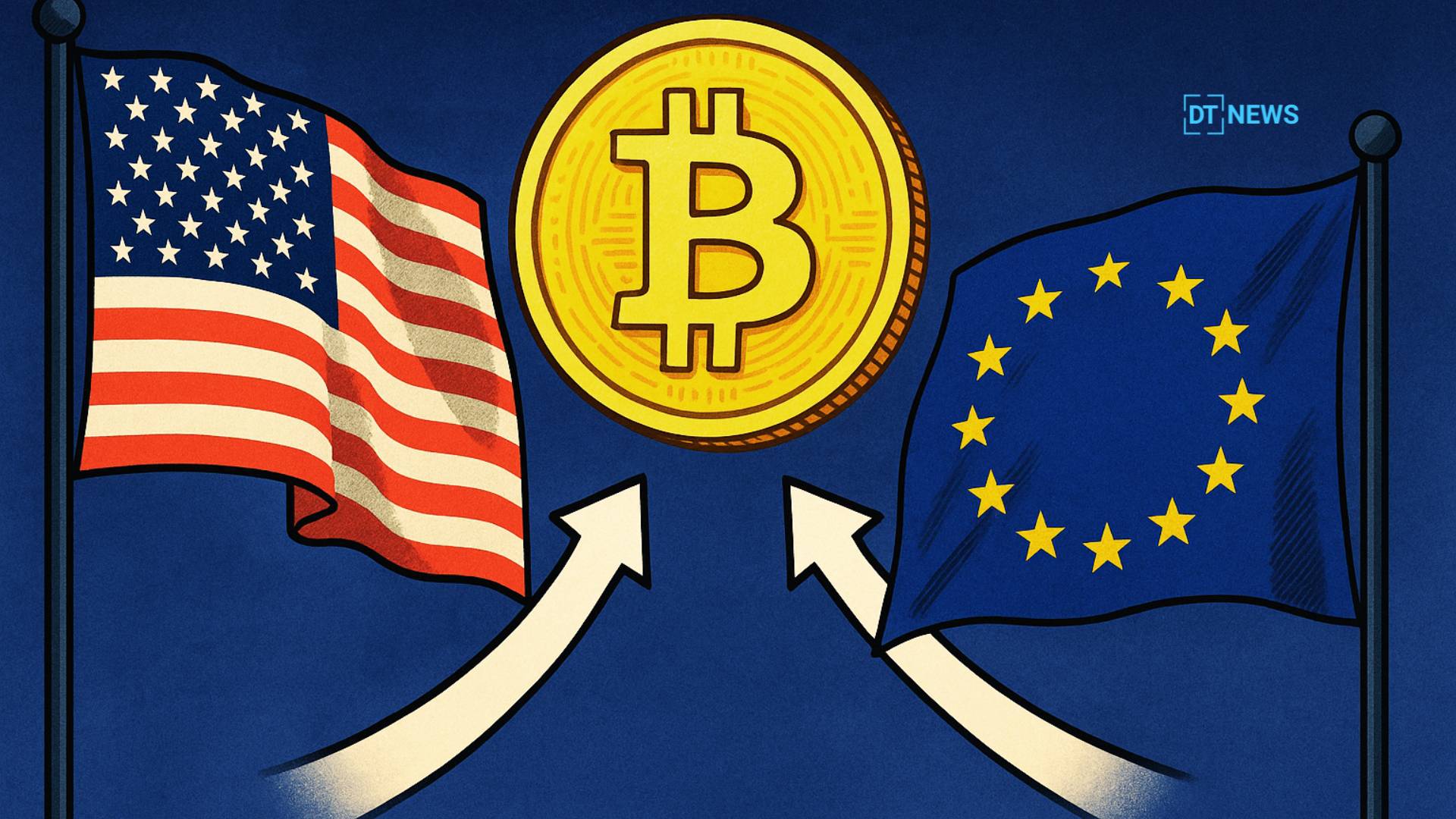The conversation about Bitcoin in national reserves is gaining momentum. Once seen as a niche idea, the possibility of countries holding a BTC reserve is now entering real political debates in both Europe and the United States.
The potential impact of this move extends far beyond crypto markets, touching on geopolitics, monetary policy, and the future of finance itself.
Sweden Opens the Door to Bitcoin in Reserves
In Sweden, lawmakers have pushed forward a bold proposal: add Bitcoin to the nation’s reserves. Their motion calls on the finance ministry and central bank to study how a BTC reserve could work, treating Bitcoin alongside gold and foreign currencies.
The suggestion is not only theoretical. They’ve floated the idea of starting small, possibly using confiscated crypto assets to build an initial reserve worth around $8.4 million. Legislator Dennis Dioukarev described Bitcoin as “a global hedge not tied to any single economy,” highlighting its independence as a strength in uncertain times. This is a striking turn for a country that has otherwise taken a cautious stance on digital assets.
America’s Strategic Reserve Vision
On the U.S. side, Representative Nick Begich has reintroduced legislation aimed at creating a structured BTC reserve. His proposal envisions accumulating up to one million Bitcoin over five years. Importantly, the plan includes a budget-neutral design, meaning acquisitions would not expand the federal deficit.
The United States already controls a sizable cache of Bitcoin, largely from law enforcement seizures. Estimates put that figure at roughly 200,000 BTC, nearly 1% of the total supply.
Turning these holdings into an official BTC reserve would signal a fundamental shift: Bitcoin wouldn’t just be an asset the government holds by chance, but one it intentionally keeps for financial stability. Begich underscored this point, saying the move would “cement Bitcoin’s role as a permanent part of America’s reserve strategy.”
Central Bank Skepticism Still Looms
Not every policymaker is on board. Some European central bankers argue that Bitcoin is far too volatile to serve as a reliable reserve asset. A Czech official went as far as to call the idea “highly speculative,” warning that national treasuries could be exposed to massive swings in value.
Practical challenges also complicate the path forward. Custody solutions, accounting rules, and legal classifications remain unsettled. Unlike gold, which has centuries of precedent in reserves, Bitcoin’s relatively short history makes conservative institutions uneasy. For now, skepticism serves as a powerful brake on the idea of a rapid BTC reserve rollout.
Why Timing Matters in the Global Landscape
The renewed focus on reserves comes at a time of growing institutional appetite for Bitcoin. Exchange-traded funds have been buying more Bitcoin than miners are producing, tightening supply and drawing more attention from governments. At the same time, inflation pressures and geopolitical tensions are forcing countries to rethink traditional reserve strategies.
If the U.S. and Europe press ahead, it could spark a competitive race similar to the 20th-century space race, but this time, the contest would be financial. A sovereign BTC reserve arms race would push Bitcoin further into the mainstream, potentially stabilizing it by anchoring demand to national policy rather than speculation.
Conclusion
The idea of a BTC reserve still faces legal and political roadblocks, but the fact it is being debated in legislatures shows how far Bitcoin has come. From Sweden’s cautious proposal to America’s larger-scale vision, governments are beginning to treat Bitcoin as more than a speculative instrument.
Whether this develops into a genuine reserve currency race remains to be seen, but one thing is certain: Bitcoin has entered the realm of power, and its role in sovereign finance may only grow stronger.
Frequently Asked Questions
Q: What is a BTC reserve?
It refers to a government holding Bitcoin as part of its official national reserves, alongside gold and foreign currencies.
Q: Does the U.S. already hold Bitcoin?
Yes, the U.S. has seized around 200,000 BTC through law enforcement cases, though it is not officially classified as a reserve.
Q: Why would countries add a BTC reserve?
Advocates see it as a hedge against currency risks and inflation, similar to how gold functions as a safety net in national treasuries.
Glossary of Key Terms
Sovereign Reserves: The collection of assets, such as gold, foreign exchange, or Bitcoin, held by a country for stability.
Volatility: The speed and magnitude of price changes, often cited as Bitcoin’s biggest risk.
Custody: Secure storage of digital assets, particularly important for governments holding Bitcoin.
Budget Neutrality: A policy approach where spending or acquisitions are offset to avoid increasing national deficits.
ETF (Exchange-Traded Fund): An investment product that tracks Bitcoin’s price and has driven major institutional inflows.






































